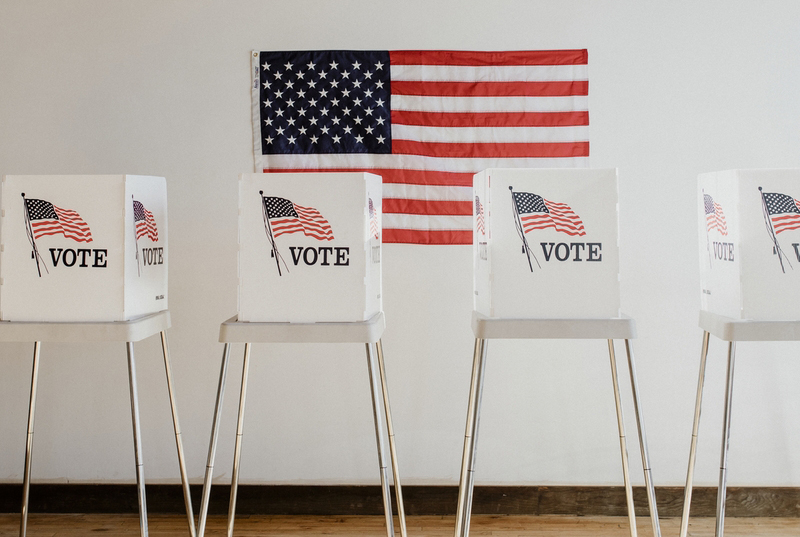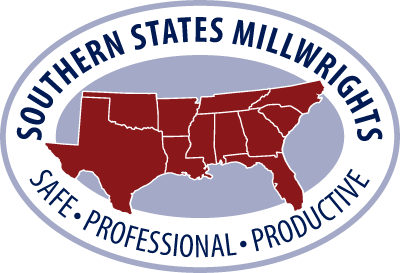
The U.S. Senate is debating two bills that would establish rules regarding voting and elections. Supporters say the legislation – the Freedom to Vote Act and the John Lewis Voting Rights Advancement Act – would make it easier for hard-working American citizens to vote while strengthening election security and limiting corporate influence on elections.
The U.S. House of Representatives has approved both bills, but they face challenges in the Senate. Learn more below about what’s in each piece of legislation.
Freedom to Vote Act
You can read the full Freedom to Vote Act here. Things it would do include:
- Increase penalties for tampering with voting records;
- Require all states to conduct post-election audits for federal elections;
- Make election day a national holiday so getting to the polls would be easier for all citizens;
- Allow early voting for at least two weeks, including nights and weekends, prior to election day;
- Allow citizens to vote by mail without an excuse and put their ballots in drop boxes;
- Make voting more accessible for people with disabilities;
- Require states that mandate IDs for voting to expand the types of identification they accept;
- Provide online voting registration and same-day registration;
- Make it easier to register to vote at places like motor-vehicle departments;
- Ban the drawing of congressional boundaries to the political advantage of one party or another;
- Limit the ways states can purge people from voting rolls;
- Limit the use of “dark money” to fund political campaigns (groups providing more than $10,000 would have to disclose all donors);
- Strengthen the Federal Election Commission’s ability to investigate charges of campaign abuses;
- Expand the prohibition on campaign spending by foreign nationals; and
- Require the replacement of outdated voting machines with upgraded machines that provide voters with paper records of their ballots.
John Lewis Voting Rights Advancement Act
You can read the full John Lewis Voting Rights Advancement Act here. Named for the Georgia congressman who died in 2020, the bill would amend the Voting Rights Act of 1965. The John Lewis Voting Rights Advancement Act would do the following things.
- Require states and political subdivisions of states (counties, cities, townships) to notify the public of changes to voting practices
- Establish new criteria for determining which states and political subdivisions must obtain preapproval from the Department of Justice or the U.S. District Court for the District of Columbia before making legal changes that would affect voting rights
- Under the new criteria, a state and all its political subdivisions would be subject to preapproval for 10 years if:
-15 or more voting rights violations occurred in the state during the previous 25 years; or
-10 or more violations occurred during the previous 25 years and at least one of them was committed by the state itself. - A political subdivision of a state would be subject to preapproval for 10 years if three or more voting rights violations occurred there during the previous 25 years.
- Provide protections for election workers, polling places, and election infrastructure
- Expand voting access on tribal lands
Read more about both bills and the hurdles they face in the Senate here.
